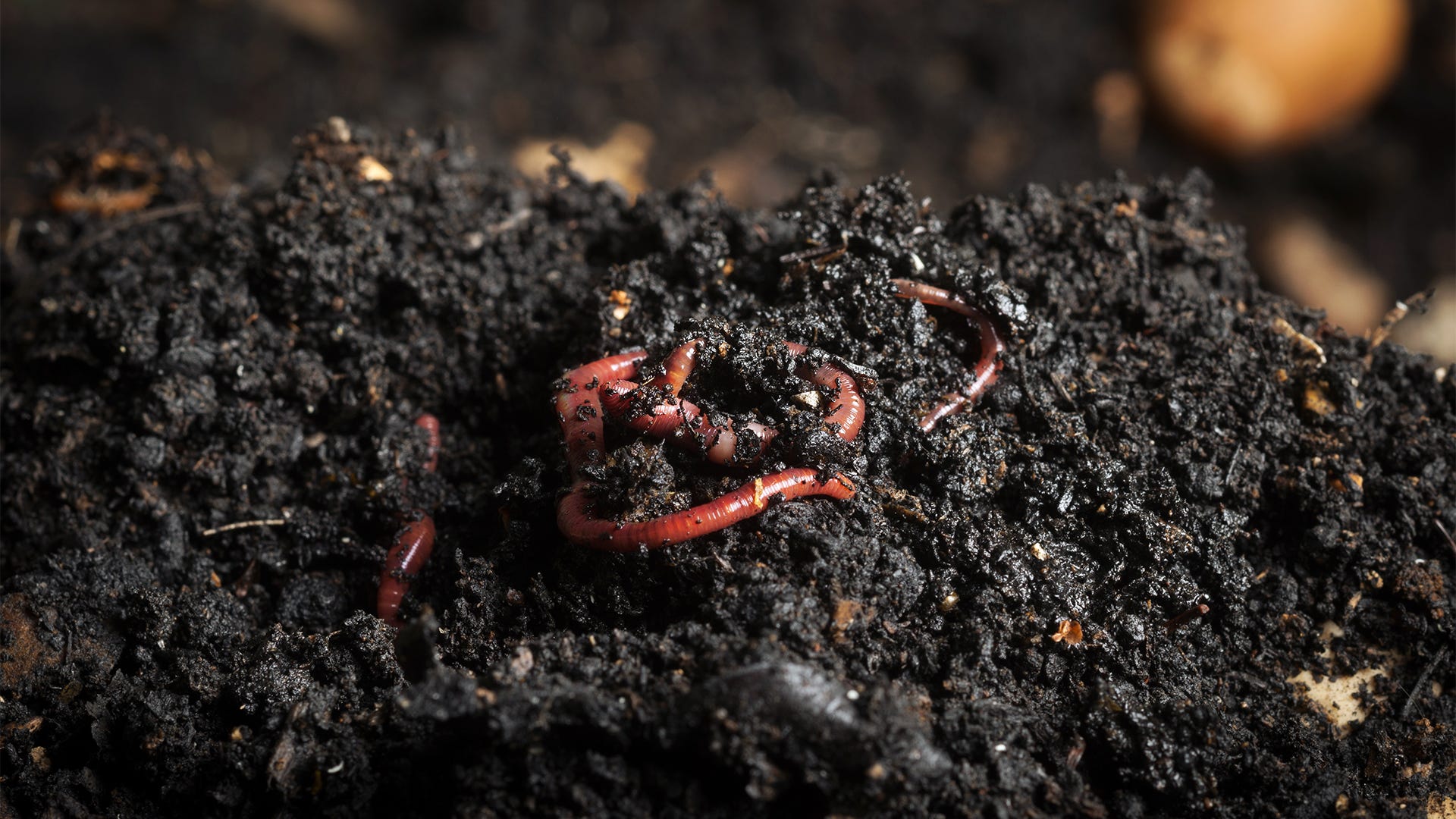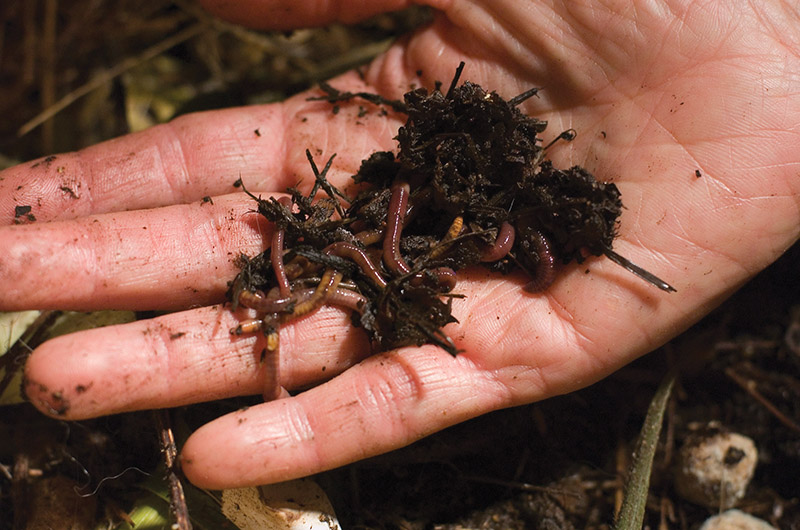Organic Composting with Red Wiggler Worms - Boost Your Yard's Growth
Organic Composting with Red Wiggler Worms - Boost Your Yard's Growth
Blog Article
Red Wiggler Worms Demystified: Opening the Tricks of Vermiculture for Greener Living and Nutrient-Rich Soil
In the world of lasting methods for enriching dirt top quality and advertising eco-conscious living, red wiggler worms play an essential yet usually forgotten function. These modest animals possess the remarkable capacity to transform natural waste right into nutrient-rich spreadings that function as a potent all-natural fertilizer. By diving into the world of vermiculture, one can uncover a variety of benefits that expand far past conventional composting techniques. Comprehending the intricacies of looking after these worms, enhancing their setting, and utilizing their spreadings can bring about a greener way of living and healthier soil for plants to prosper.
The Role of Red Wiggler Worms
Red Wiggler worms play an essential function in composting systems by efficiently damaging down organic issue right into nutrient-rich spreadings. These starved eaters eat a variety of organic products, such as cooking area scraps, yard waste, and paper items. As they feed, the worms' gastrointestinal procedures damage down the organic matter into a penalty, dark, and nutrient-dense material recognized as worm spreadings or vermicompost.
The castings produced by Red Wiggler worms are extremely valuable for soil health and wellness and plant development. They are abundant in essential nutrients like potassium, phosphorus, and nitrogen, which are vital for supporting healthy plant advancement. Furthermore, worm spreadings have beneficial microbes and enzymes that help improve soil structure, rise water retention, and boost nutrient uptake by plants.
Advantages of Vermicomposting

It enhances soil framework, boosts soil oygenation, and enhances dirt dampness retention. Vermicompost also improves the soil with vital nutrients like nitrogen, potassium, and phosphorus, promoting plant development and total dirt fertility.
Additionally, vermicomposting supports lasting horticulture methods by providing a chemical-free and all-natural choice to synthetic plant foods. Red Wiggler Worms. This eco-friendly method not only enhances the dirt yet additionally helps decrease reliance on damaging chemicals, advertising a greener and a lot more lasting method of horticulture
Establishing a Worm Container
When developing a worm bin for vermicomposting, correct arrangement is essential to guarantee the success of the composting process. The initial action in setting up a worm bin is choosing a suitable container.
After adding the bed linens, introduce the red wiggler worms to the bin. It is advised to begin with a handful of worms and progressively enhance as they multiply. The worms need to then be provided with food scraps such as fruit and vegetable peels, coffee grounds, and eggshells. It is necessary to stay clear of adding meat, dairy, oily, or salted foods to avoid bring in parasites and developing unpleasant smells.
On a regular basis keep track of the dampness degrees and temperature in the worm container to guarantee optimum conditions for the worms. With correct configuration and maintenance, the worm container will efficiently transform organic waste right into company website nutrient-rich garden compost for your plants and garden.
Collecting Worm Spreadings
To efficiently gather nutrient-rich worm spreadings from your vermicomposting system, a methodical harvesting method is necessary. There are a few essential actions to comply with to ensure a successful process when it comes time to collect the worm castings. First of all, quit including fresh food scraps to one side of the worm bin for a pair of weeks before gathering. This urges the worms to migrate to the side with fresh bed linen and food, making it less complicated to scoop out the castings from the opposite side.

Troubleshooting Common Issues
Recognizing and attending to common challenges that may emerge during the vermicomposting procedure is important for maintaining a healthy and balanced and productive worm container. Including excess food scraps can lead to a buildup of moisture and acidity in the worm container, potentially hurting the worms. One more concern is undesirable smells originating from the worm bin.
Furthermore, if the worm population is declining or the worms show up unhealthy, it could be due to environmental stress factors such as extreme temperatures or pH degrees. Monitoring these aspects and making necessary modifications is vital for the health of the worms. By troubleshooting these typical concerns quickly, vermicomposters can make certain a effective and smooth vermicomposting procedure while maintaining a prospering worm population.

Verdict
In verdict, red wiggler worms play an essential function in why not find out more vermiculture by breaking down natural issue into nutrient-rich dirt. Establishing up a worm bin is important for effective vermiculture, and harvesting worm spreadings supplies important compost for horticulture.
As they feed, the worms' digestion processes break down the organic issue into a fine, dark, and nutrient-dense product known as worm spreadings or vermicompost.
The spreadings produced by Red Wiggler worms are extremely valuable for soil health and plant development. Adding excess food scraps can lead to a build-up of wetness and acidity in the worm bin, possibly hurting the worms.Additionally, if the worm populace is declining or the worms show up undesirable, it can be due to environmental stressors such as severe temperatures or pH levels. Establishing up a worm bin is important for effective vermiculture, and gathering worm castings supplies beneficial compost for horticulture.
Report this page